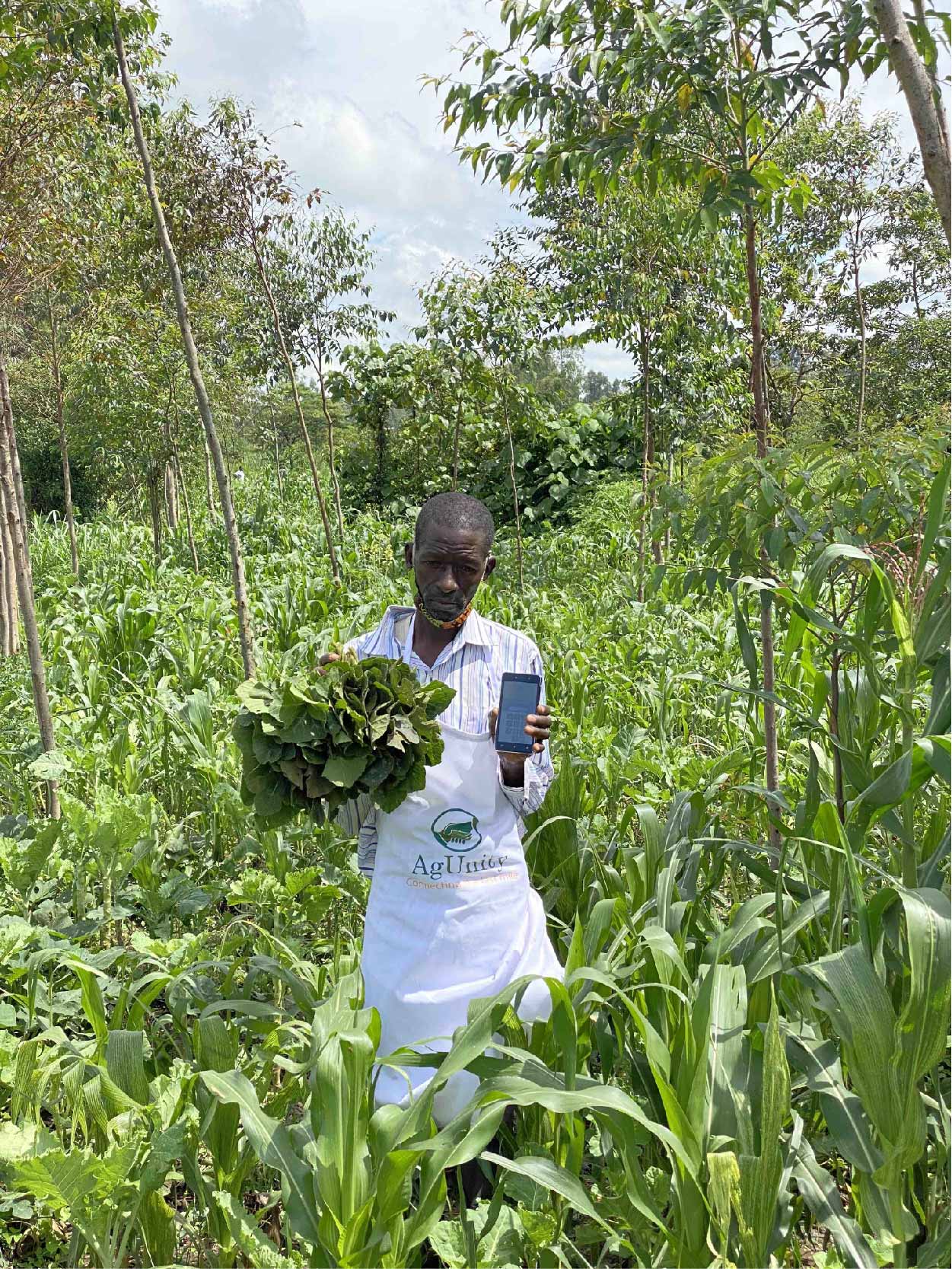
By George Munene
500,000 pyrethrum seedling will be distributed to 100 farmers in Nakuru County, as part of a government initiative aimed at reviving the crop’s farming in Kenya.
In the 1990’s Kenya controlled about 90 percent of the world’s pyrethrum market, giving direct employment to over 200,000 smallholder farmers. From a high of 18,000 tons in 1992, annual national production currently stands at less than 500 tons.
Related News:Government to provide 60 million pyrethrum seedlings to boost crop
Related News: Ginneries rekindle cotton's glory with hybrid variety
Speaking during the handover of a pyrethrum drier worth 1.8 million shillings to pyrethrum farmer groups in Subukia, Nakuru, the county’s Deputy Governor Erick Korir, called for farmers to work closely with each other and pyrethrum processing firms to ensure there’s consistency in the crop’s production.
“Youth need to join pyrethrum growing groups to ensure that the crop’s production is sustained through the coming years,” added Korir.
Related News: County taps 10,000 farmers to grow pyrethrum, sisal, sunflower, coffee, cotton and tea to diversify sources of income
For framers, the state of the art drier means they can harvest their pyrethrum leaves through the year regardless of season. The quality of their sold produce will also greatly improve, enabling them to fetch better prices.
Write comment (0 Comments)
















